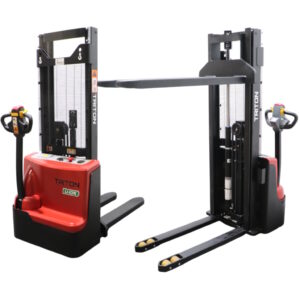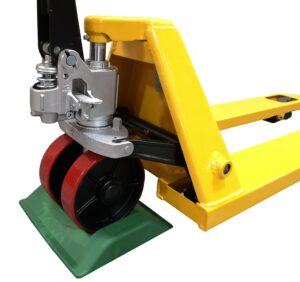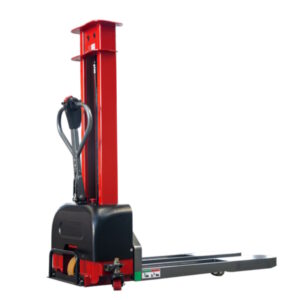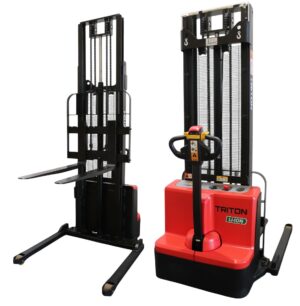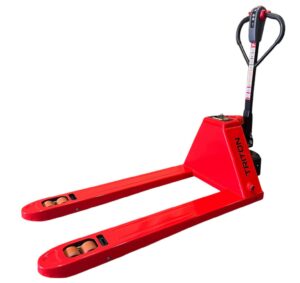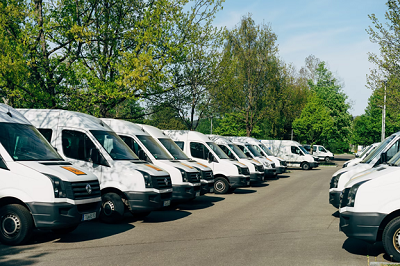The effects of the pandemic and Brexit complications has been very well documented, so we know that the two have had a very negative impact on the UK’s warehousing and logistics industries.
This has culminated in one of the worst labour market shortages that industries in the UK have seen for decades, and recent reports have shown that the employment levels in our sectors are more than 10% lower than pre-pandemic levels due to these shortages.
Why are there labour shortages?
One of the main reasons why there have been labour shortages is because many companies are struggling to recruit low-paid workers, like lorry drivers and equipment handling staff in warehouses.
After Brexit, many Europeans who used to work in these roles were forced to relocate to countries like Germany and France where the labour laws aren’t as strict. This left a wide hole of vacancies that companies needed to fill–the problem is, no one is applying for these roles.
Over the past few months, staff availability has fallen at the quickest rate on record due to the severe hiring challenges that many employers are facing.
How to fix labour shortages?
Although the situation looks bleak, there are two main things that we think could really improve the current labour shortage crisis:
Reskill and upskill workers
It’s important that the government puts in place initiatives and programmes that seek to upskill and reskill workers who are currently furloughed or looking for employment.
There is a big skills gap, especially in the logistics and warehousing sectors, that’s preventing us from finding workers with the skills we need in our businesses. If the government has more apprenticeship and reskilling schemes, the candidate pool will grow again.
Remove strict controls at the border
The recent checks and controls at the border after Brexit has meant that the number of lorry drivers is lower than ever, and deliveries aren’t able to be made to our warehouse’s and other companies in the supply chain.
At the moment, EU lorry drivers are only able to make 2 pick-ups or drop-offs a week, and because there’s so little work, the drivers are choosing to go elsewhere for their contracts.
If the strict controls at the border were eased to make it easier for EU drivers to get into the UK and allowed them to make more pick-ups and deliveries, we wouldn’t be seeing such a delay in deliveries.


